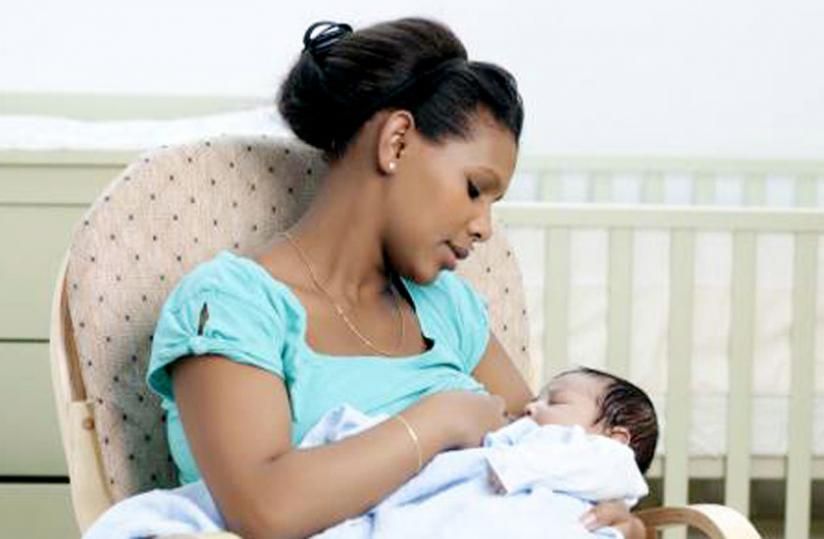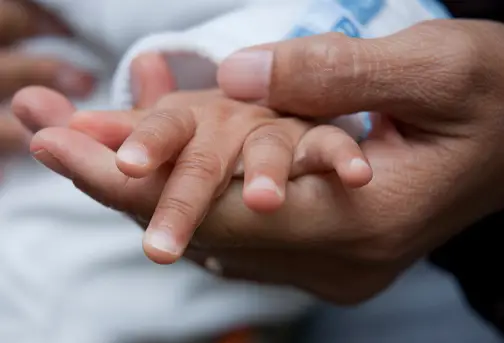Because you can’t see how much milk your baby is drinking, it is easy to worry about whether she’s getting enough, especially if she wants to feed all the time or she doesn’t seem satisfied after a feed. There are two main indicators that your baby is getting enough milk:
Weight gain: if your baby puts on weight steadily you will know she is feeding properly. Having said this, it’s usually for a baby to lose up to 10 percent of her birth weight within the first week of life. After that, however, she should start to gain weight at a rate of about 30g per day. By the time she is two weeks old she should have regained her birth weight; by six months she should have doubled her birth weight. After this, weight gain gradually slows down. You can get your baby weighed at your health visitor will advise you if you have any concerns.
Wet nappies: checking your baby’s nappies is another good way of judging whether she is getting enough milk. For the first couple of days, she will excrete a dark sticky substance called meconium that built up in her intestines while she was in the womb. To begin with, she won’t wet her nappies very often, but after the first few days, your baby should be wetting 6 – 8 nappies a day. From around the fifth day, she will do about two poos a day, which by now should be soft and a mustard yellow colour. Your baby’s urine should be a pale colour and shouldn’t smell.
Other signs that your baby is getting enough milk include:
- She takes the breast happily and stays latched on until she’s finished.
- Your breasts feel softer after feeds.
- She seems contented after feeds.
How to recognize when your baby is hungry
Your baby will give you lots of signs that she’s hungry and as you get to know her these will become clearer to you. Here are some signs to look out for:
- Putting her hand in her mouth and sucking her fingers or her fist
- Rooting for your breast by turning her head towards you and looking for your nipple.
- Becoming agitated, kicking her legs and waving her arms around.
- Making noises.
If you don’t take any notice of these signals, sooner or later your baby will start crying and, if she’s crying hot, you may need to calm her down before you can feed her successfully. There are lots of reasons why babies cry, though. Your baby may not be crying because she’s hungry, but because she’s tired, bored or lonely. In time, you will learn to distinguish between the different crying sounds your baby makes. To begin with, however, try offering her your breast and see if that pacifies her.










Comments